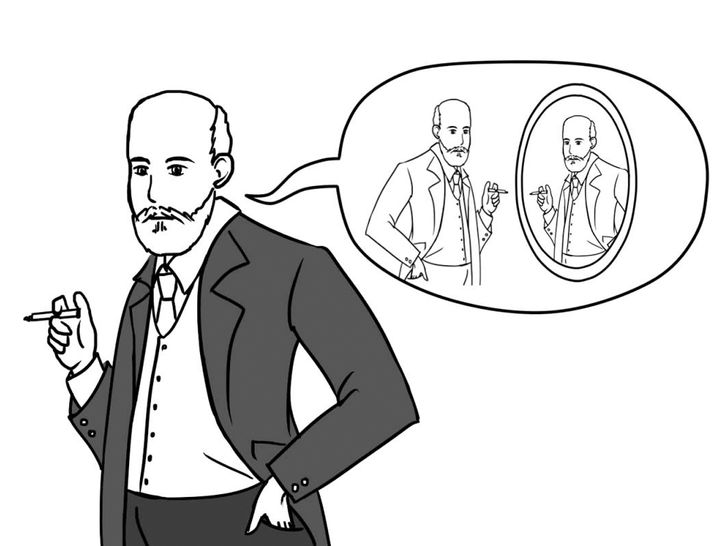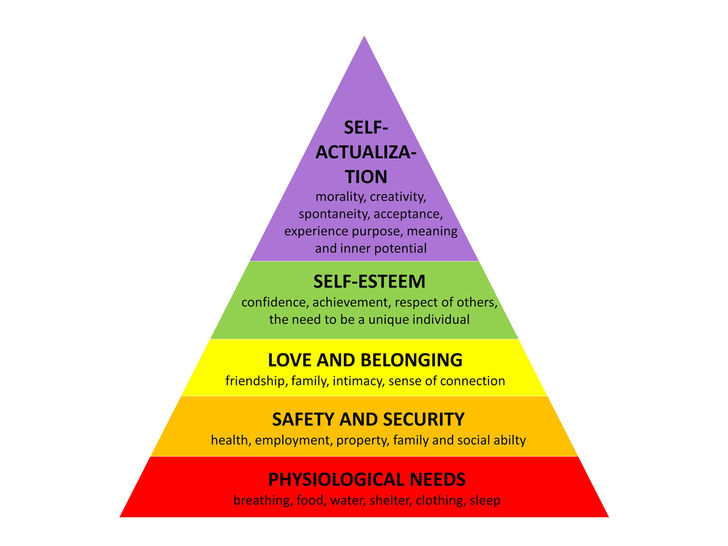6 Schools of Psychology

Wilhelm Wundt, the founder of the first psychology lab, championed the first school of thought, structuralism. Other ideas started to emerge almost instantly to compete for supremacy in psychology.
Any of the primary schools of thought that have shaped our experience and interpretation of psychology are as follows:
Posted On April 19th, 2021

Functionalism
Functionalism arose as a response to the ideas of the structuralist school of thought and was strongly inspired by William James' work. It was based on the roles and modifications of the mind. Unlike some other well-known schools of thought in psychology, functionalism is not synonymous with a single dominant theorist. Instead, this viewpoint is identified with several functionalist philosophers, including John Dewey, James Rowland Angell, and Harvey Carr.

Gestalt
Gestalt psychology is a school of thought that holds that we view things as unified wholes. In reaction to structuralism's molecular approach, this approach to psychology emerged in Germany and Austria in the late nineteenth century.

Behaviorist
According to behaviourism, all behaviour can be explained by external stimuli rather than internal influences. The emphasis of behaviourism is on observable behaviour. A great deal of study was devoted to learning theories such as classical conditioning and operant conditioning.

Psychoanalyst
Sigmund Freud established psychoanalysis as a school of psychology. This school of thought stressed the unconscious mind's effect on actions. Freud claimed that the human psyche was made up of three parts: the id, the ego, and the superego. The id is made up of primitive desires, while the ego is the personality variable in charge of coping with reality. The superego is the aspect of the personality that contains all of the beliefs and morals that we internalize from our parents and society.

Humanistic
Humanistic psychology arose as an alternative to psychoanalysis and behaviorism. On the other hand, humanistic psychology was concerned with human free will, personal development, and the philosophy of self-actualization. While early fields of thought focused mainly on pathological human activity, humanistic psychology differs significantly in assisting individuals in reaching and fulfilling their potential.

Cognitive
Cognitive psychology is the branch of psychology that investigates behavioral mechanisms such as how people interpret, experience, recall, and understand. As part of the broader field of cognitive science, this area of psychology is linked to other fields such as psychiatry, philosophy, and linguistics. Cognitive psychology emerged in the 1950s, partially as a reaction to behaviorism. Behaviorism's detractors pointed out that it refused to account for how internal mechanisms influenced behavior.

